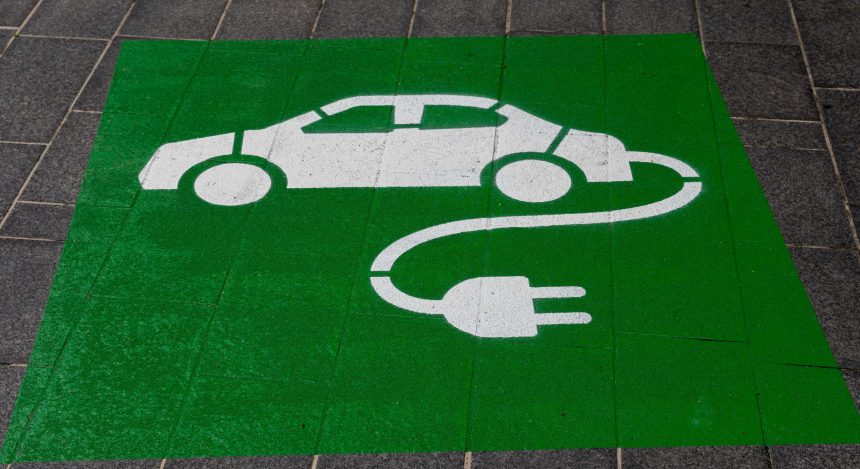As Ghana strides towards modernization and environmental sustainability, the integration of electric vehicles (EVs) into the transportation sector is an inevitable transition.
According to Ghana’s transition plan, the country hopes to have EVs by 2030.
Currently, there is a significant challenge for the existing electric grid, which is currently not equipped to handle the additional load that widespread EV charging infrastructure would demand.
The State of Ghana’s Electric Grid
The current state of Ghana’s electric grid is characterized by frequent power outages and an unstable power supply, primarily due to inadequate generation capacity and an aging distribution network.
The introduction of EVs in large numbers would exacerbate these issues, as the grid would need to supply not only the usual residential and commercial power but also the considerable energy required for EV charging.
Electric Production
Currently, Ghana’s energy sources come mostly from thermal and hydroelectric with a bit from Solar.
To prepare for the EV transition, Ghana must invest in upgrading its electric grid. This involves increasing generation capacity through more renewable energy sources like solar and wind, which are abundant in the region.
Additionally, modernizing the distribution network with smart grid technologies can enhance efficiency and reliability.
The Bigger Picture
Ghana is planning on going petrol-free by 2030 with its energy transition plan.
Ghana's charging infrastructure needs to be dramatically increased. Currently, there are only 5 charging stations which are all currently located in Accra.
While the adoption of EVs is a positive step towards reducing carbon emissions and fostering sustainable development, it is imperative that Ghana's electric grid undergoes significant improvements to support this change effectively.
Catch up on news and other tidbits on our WhatsApp Community Page, Twitter/X, and subscribe to our weekly newsletter to ensure you don’t miss out on any news.










